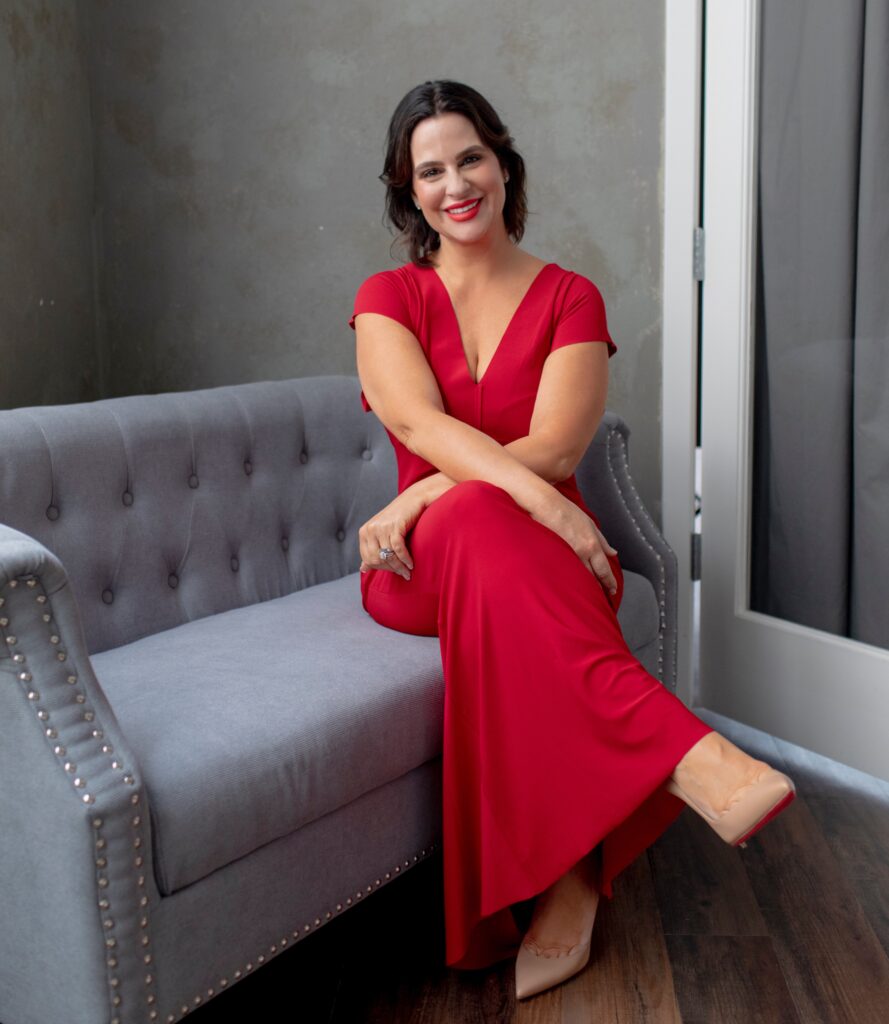
When my son was only 8-months old, I knew something wasn’t right. He had been hospitalized at 6 weeks for an excruciating 7 days with meningitis, and while I was told he had recovered, he was never truly the same baby again. He rarely responded to his name, didn’t speak, and spent most of the day crying or fussing. His colic lasted more like 7 months instead of the 3 that the doctor promised, and he barely slept at night. I was finding that the only way to soothe him was to turn on the hair dryer or vacuum cleaner for “white noise”. He quieted down momentarily during the first few minutes of Baby Einstein, which I saved for when I wanted to eat dinner with my daughter. He was also starting to fixate on particular objects, line up his toys, rock, and flap his arms. Each of these deficits were easy for me to explain away: he’s a boy, and so he won’t develop as fast as his sister did, he’s immature, and so he will begin to hit milestones a little later, he’s just tired from his colic and lack of sleep, so once he gets in a more consistent sleep schedule he will be fine. “Normal”.
At age one, I took him to his pediatrician and said I thought Teddy had autism. The doctor simply asked if he had eye contact (which he did), and if he showed affection (which he also did). So he said no, my son did not have autism. Another year went by before I could get him diagnosed – a year of intervention lost simply because the doctor’s only baseline was whether or not my son looked at or hugged me.
My third child was born a month before Teddy turned 2. Now with 3 kids under 5, I suffered from my third bout of severe postpartum depression – this one more debilitating than the first two. During an afternoon when my newborn son was 6 weeks old, Teddy was having a particularly bad day – screaming, throwing his water cup at me in frustration when he was thirsty, and continuously putting his hand down his throat to make himself throw up. In the middle of changing Teddy’s clothes for the third time, I decided in an instant that my fears about his development needed to be heard. I called our local Regional Center (RCEB) and told them I suspected autism, and they agreed to see me two days later. To be extra vigilant, I made an appointment with a pediatric neurologist for the day after the RCEB visit.
Our visit to the Regional Center included comprehensive interviews and psycho-social evaluations by a psychologist, physician, Speech Therapist and Occupational Therapist. It was clear to me during the intake and assessment process that my fears were not unfounded. Knowing I had a neurologist appointment scheduled for the next day, they declined to give me parental feedback, and said they would relay their findings to the neurologist the next morning instead.
Our neurologist appointment was on the day of my daughter’s 6th birthday. I had already completed the initial paperwork, which included a rating scale. The doctor performed a developmental screening test to determine whether or not Teddy was learning the age-appropriate basic skills. She observed Teddy while he played with specific toys, and asked him questions to see how he learned, spoke, behaved, and moved. I knew a delay in any of these areas could be a sign of a problem. The second step was a comprehensive evaluation and review of Teddy’s behavior and development. After her exam, she left the room to review her findings, as well as the ones from the Regional Center. The moment she walked back into the room, my life changed forever.

I left the neurologist’s office with a heart so shattered I could no longer feel it’s weight in my chest. I was already a hollow version of my former self, and I knew I would never be whole again. I was consumed by my grief, only reminded of the world around me when I looked at my watch and remembered it was time to pick my daughter up from Kindergarten. Since it was her birthday, we had a family celebration planned at her favorite restaurant, and I was determined to put aside my misery for the rest of the day so that I could give her the birthday she deserved. In the middle of dinner, however, Teddy had a tantrum that triggered me back to the reality of his diagnosis. I started feeling detached from myself, dizzy, hot, and nauseous. I went to the bathroom to try to compose myself, and what happened next was the first of many debilitating panic attacks. I spent the evening of my daughter’s birthday in the emergency room with a heart rate so elevated that they thought I may have had a heart attack.
When you’re having a panic attack, the intense fear it brings makes you feel like your life is draining right out of you. It feels like you are being held underwater, and will never again be allowed to come back up for air.
It feels like you are dying.
And that’s what an autism diagnosis can initially feel like, too.
The days and months to follow felt as though I was morning a death, which in a way, I was. The death of the child I expected. The death of the adult I thought my son would become. The death of a typical life for him and my family. Knowing my son was certain to live his entire life with a disability took me places I never thought I’d ever go. And once there, I never thought I’d ever return. Overwhelming grief and loss consumed me for years.
◈
I lived and breathed autism, and was consumed with getting my son the very best interventions and treatments. And I fought. Fought the school districts, fought any person who looked sideways at my son, and fought myself. If my mind would wander away from the task at hand – loving and nurturing my children – I would quickly bring myself back to my exhausting bubble where I thought I belonged. I had lost my passion for anything that didn’t involve parenting.
And suddenly, what I thought would kill me, was actually breathing life back into my weary soul, instead.
My deep love for and connection to all 3 of my children sustained me. It was the gateway out of my crippling depression and back to myself. Within time, Teddy’s diagnosis began to bring incredible depth and meaning to my otherwise limited existence. And suddenly, what I thought would kill me, was actually breathing life back into my weary soul, instead.

I started remembering that before autism and motherhood, I was a healthy and vivacious woman, and began a journey of self-care that brought me to this platform – my labor of love and tribute to
◈
The sadness I felt after Teddy’s diagnosis actually magnified the joy and pride I now feel about being his mother. I began to have new dreams for my son, different than the ones I had when he was born, but not less.
When I learned to care for my children’s mom, I also learned to embrace and celebrate my son’s unique differences. I decided that despite the hardships, autistic is the only way I want my son to be. It’s what makes him who he is. And who he is is perfect.
Life after autism will never be easy, and sometimes it hurts like hell. But I have my family, a most loving and wonderful husband, and amazing, God-given angels – my children.
And, maybe equally as important, I have myself.
And I have my red lipstick.

